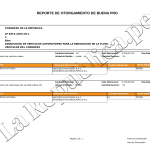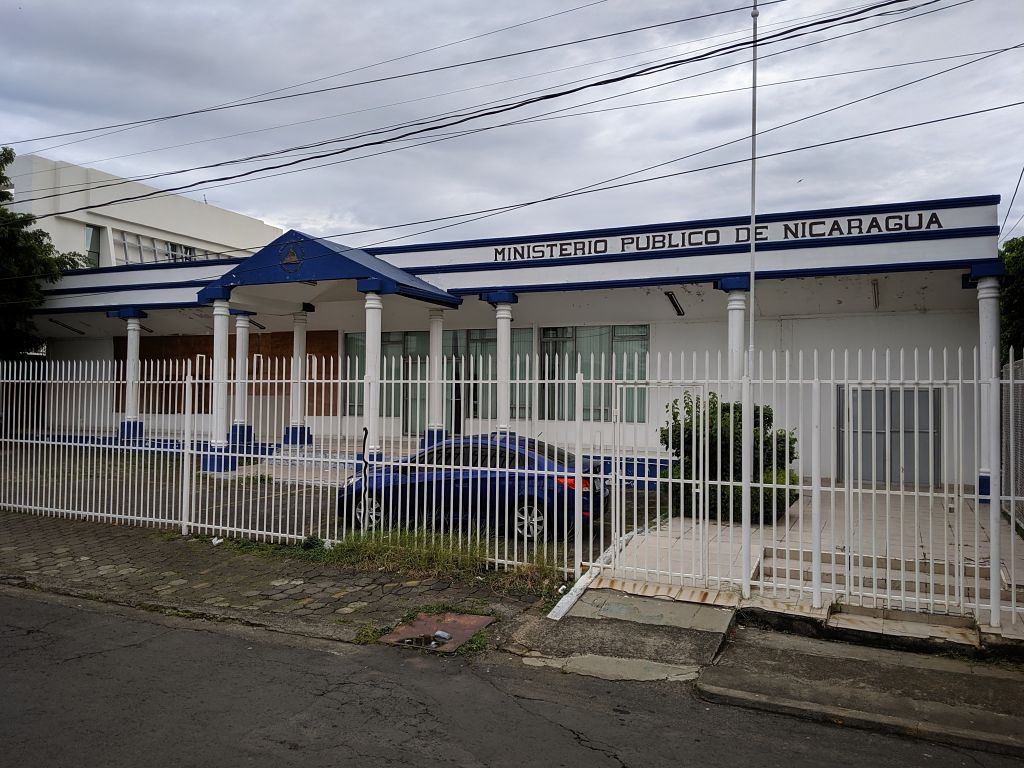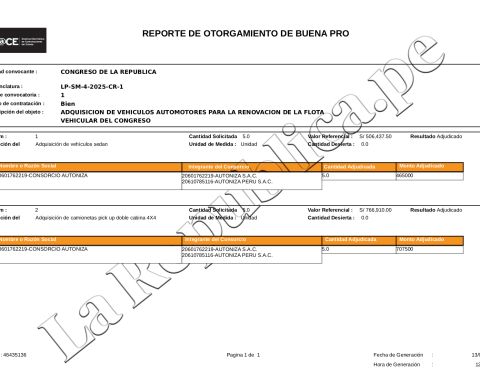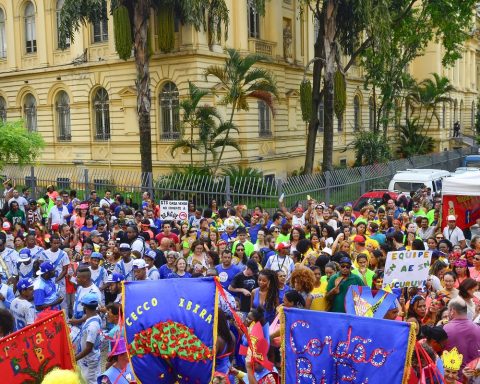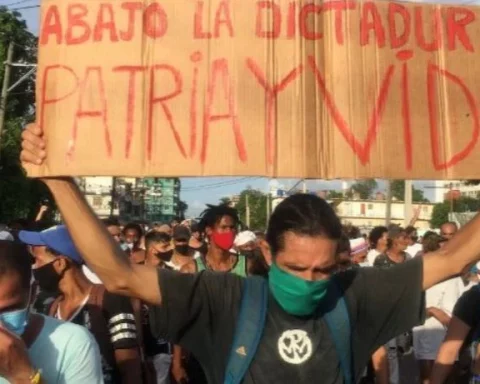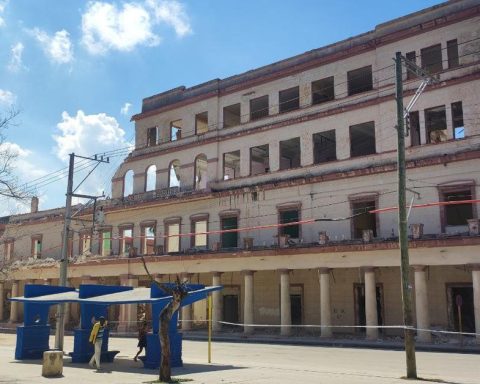Bernardo Batiz V.
H
a little over a year ago month, the news that the financial transnational that owns the shares of Banco Nacional de México would put it up for sale aroused great interest among some sectors of the population and in the media. One of the great financial institutions of the country in the hands of foreigners, before the possibility of being reacquired by Mexicans, that is only one of the edges of the news; the other, that the bank is in addition to a company dedicated, like all banks, to receiving money from savers and investors and lending it to those who require credit for investments, the National Bank, since its foundation at the end of the 19th century, has had a heritage of high historical and cultural value.
In my personal life, by chance or by Providence, I have come across this institution on several occasions. From the time I was one year old until his death, my father was a bank employee, always at the central office, located on the notable corner of Isabel la Católica and Venustiano Carranza, in the heart of the capital. Of my family, in addition to my father, a sister and a brother worked in the bank, she as a secretary in the address and he, José Antonio Bátiz Vázquez, as a teller in a branch while studying history in Philosophy and Letters, and then, for many years, as a historian, in the historical archive, a warehouse of forgotten and dusty files, which he turned into one of the best archives of Mexican history documents, valuable especially for financial history.
When I graduated as a lawyer I worked for a few years in the legal department of this bank, it was like doing a specialty, I was also able to get to know, from the inside, a very peculiar bank; It was not only for a long time the most important in the country, owned by Mexicans, who managed to get hold of part of the capital that had belonged to French investors; the bank’s fame was serious and ethical in its operations, one of its characteristics was that, for years, it did not have a mortgage section, since the Legorreta family considered that loans of that nature were widow’s business
.
At that time, the beginning of the second half of the last century, the institution was characterized by the correct and respectful treatment of clients and employees; There were for these last personal loans to acquire their own home, vehicle or for an emergency, the opportunity to take training courses, to work in a friendly environment and a first class medical service. Very different from modern banks that call their employees human capital
, they hire them young, they pay them little, they prevent them from thinking and they tell them exactly what words they should use to communicate with the clientele; then as soon as they can get rid of them.
In that bank I knew glimpses of social justice; for several years, as I recall, employees of the institution could buy shares of the bank with their end-of-year bonuses or with part of them; In this way, the employees, even if it was in a minimal part, earned a salary, but they also had the possibility of obtaining dividends for their investment and feeling more linked to the institution; it was a timid step towards cooperative societies.
Both the President of the Republic and informed citizens have expressed their desire for the bank to become Mexican again, among other things, because of the architectural and artistic treasure it owns; but also because of what it means, since it was at its foundation, in 1884, albeit partially, a State bank and the first and most important of its time. My opinion is that it would be great if the savings of Mexicans were in the custody of a Mexican institution and that the Palace of the Counts of San Mateo de Valparaíso, the Palace of Iturbide, other historical buildings and the art collections that are owned by Banamex , would once again be the property of a Mexican moral person.
A great opportunity. Among those who raised their hands is the Monterrey businessman Javier Garza Calderón, founder of the Entrepreneurs for the 4T group, with more than 50 thousand members. It would be an opportunity for the bank to be acquired with a popular subscription that would be added to what major capitalists contributed and for the bank to return to the path of social justice that it pioneered.
If to pay for the oil expropriation the people contributed donations and savings and showed solidarity with Lázaro Cárdenas, why couldn’t this patriotic gesture be repeated? I know many who would be willing to round out the transformation of the country and participate. Government, nationalist businessmen and an informed people can perform a miracle, like a plebiscite; Undoubtedly, a leader, enthusiasm, trust in our authorities and the conviction that sovereignty is at risk if large companies are in the hands of foreigners are required.






